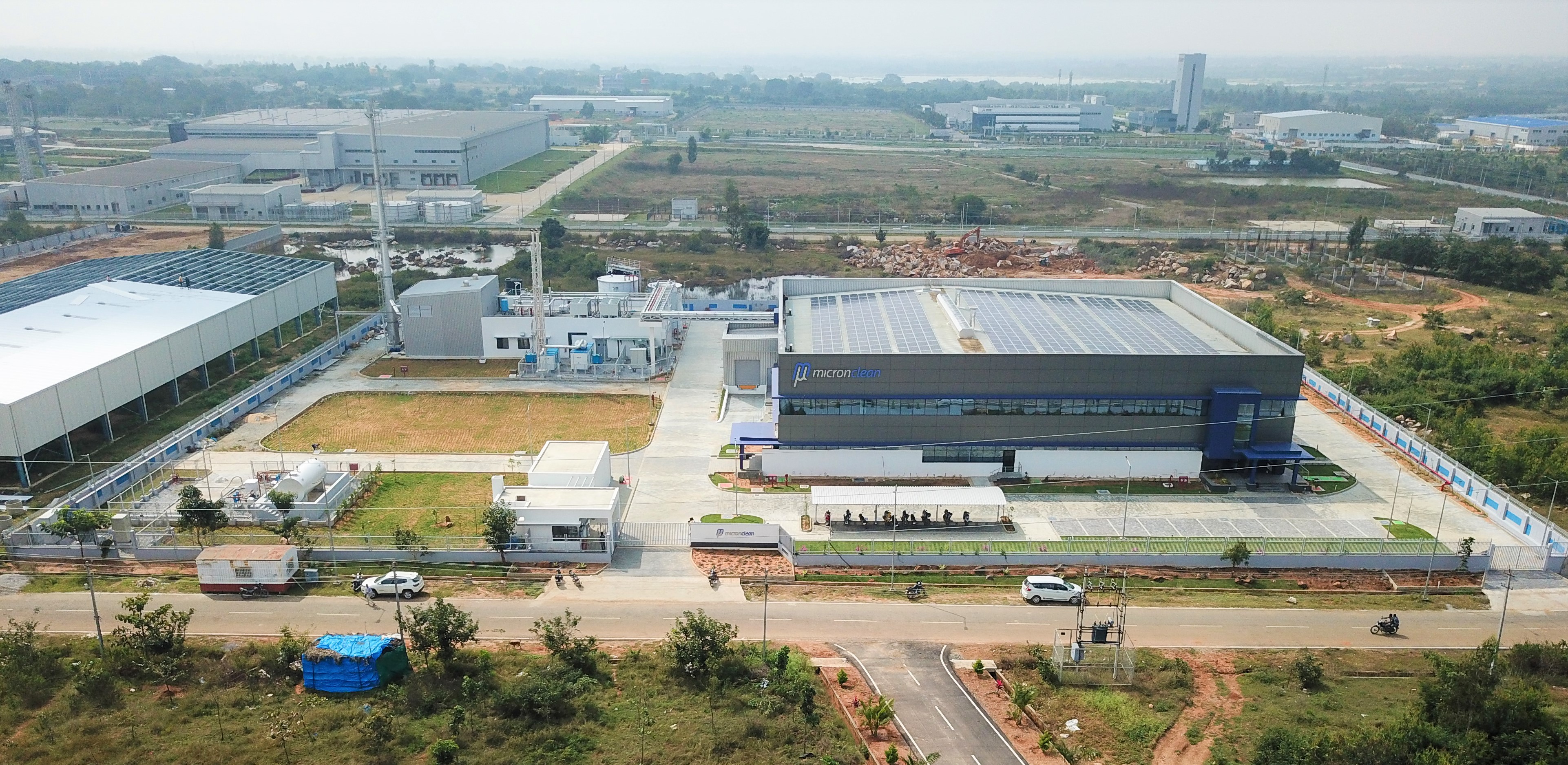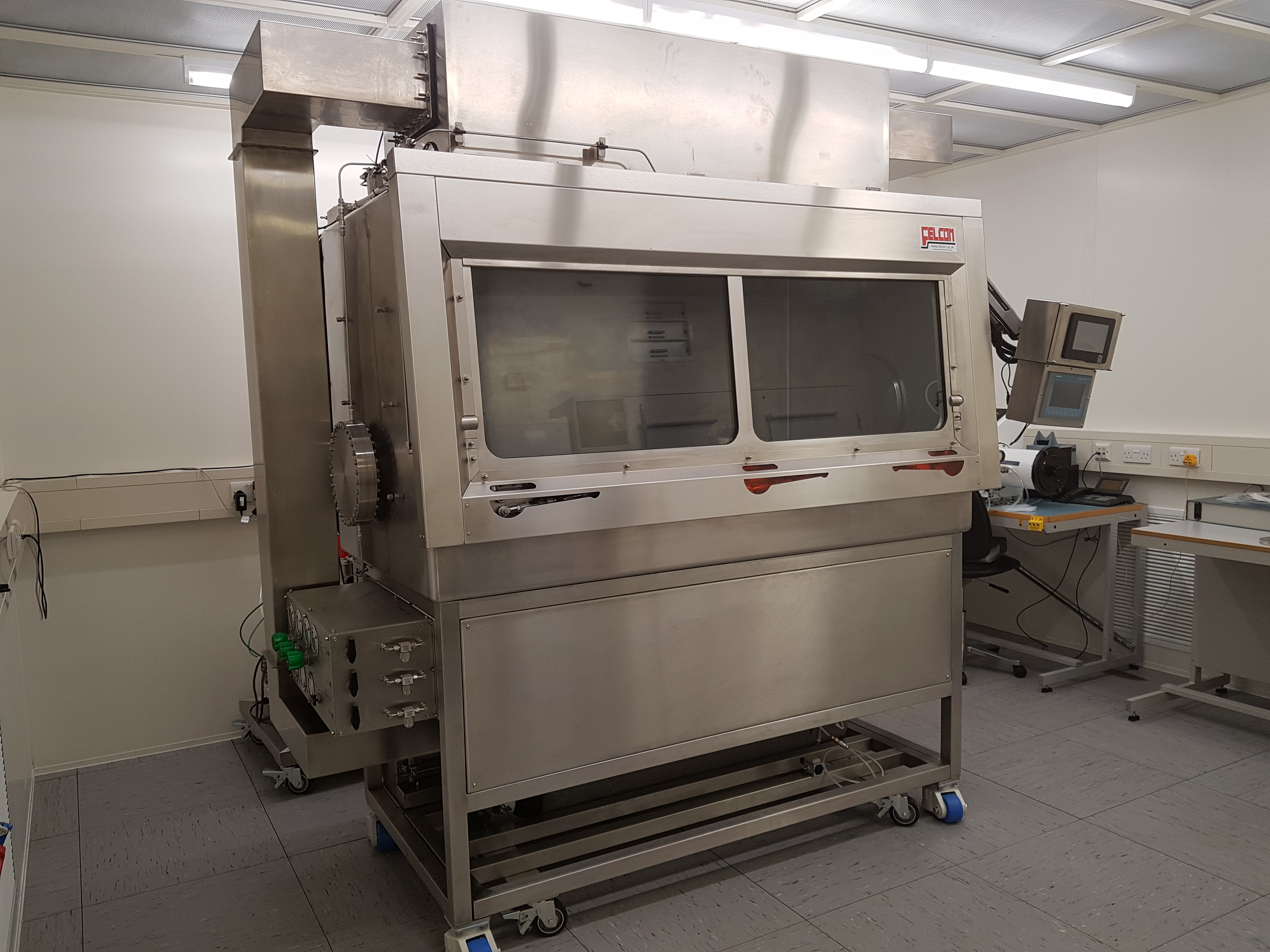India's role on the international pharmaceutical stage has been quietly growing in the shadow of the Chinese market for the last few decades. As the supporting industry to this highly influential sector, cleanroom services are in high demand across the country. "India has seen a fantastic growth in its domestic and export manufacturing of both Biotechnology and Pharmaceutical products," says Micronclean's Managing Director in Bangalore, Andrew Cole.
Rehan Faquih from protection service provider, Ansell, explains that the market is highly fragmented in nature with a presence of more regional players than global players. "Mergers and acquisitions and R&D pertaining to advancements in cleanroom technology are some of the major strategies undertaken by key players to increase their market share," Faquih says.
Mergers and acquisitions are some of the major strategies in the country
Multinational corporations entry by collaboration with regional local players, and by acquisition or merger with local set up to manufacture better products with higher consistent quality, is changing the landscape very fast, explains Faquih. "Local player cleanroom facilities are used to pack cleanroom consumable products and supply at economical cost compared to finished imported products with a high tariff."
Export revolution
Ansell's recent acquisition of Primus in March was a prime example of the acquisition strategy and the offering it can bring to the local market and beyond. The ‘beyond' being very important, in a new wave of global growth, the Indian pharmaceutical market has become more focused on export.
Therefore the services provider in the country has had to become more globally compliant as Cole explains. "Some of the most successful Indian companies are now highly respected and successful within the global marketplace for their products," Cole says. "The Indian pharma market has become more export orientated and therefore, the world of regulatory inspections has really driven the requirements for cleanroom clothing (gowning) and other critical services to be improved to world best practice."
It is this demand for globally accepted standards that have driven companies to invest in the country, such as Micronclean that has built India's first fully integrated sterile garment processing facility near Bangalore. Ian Mutton, MD of Felcon, also says that the country is now expecting higher quality

Micronclean India site aerial
Faquih from Ansell agrees that PPE and cleanroom garments are some of the most consumed products in the country and are definitely a sector under intense change. This international knowledge is something that domestic-only manufacturers are slowly warming to. "Certification like CE, EN Norms for PPE is key to the global growth of the industry. Indian manufacturers aren't electing to certify products yet but are waking up to the export possibilities and shall soon have these certification compliances in place," says Faquih.
Micronclean's Cole suspects that as the generics sector continues to explode in the country, and the products become more complex, exports will more into more highly regulated regions such as America, Japan, Australia, China, and many other Asian countries.
Pandemic
As supply chains have been thrown into disarray and lead times have lengthened tremendously, the flaws in the system were accentuated by the pandemic. Many businesses are now looking to move their supply chains out of East Asia, and many are considering India.
Robert Parker, Micronclean's UK MD, said: "The biggest impact was the shortage of supplies from the Far East and the significant increase in Raw Materials, in particular Medical Grade Alcohol, where base prices increased fourfold. In more recent times supplies of certain products have remained difficult and shipping costs have increased by as much as six times."
Certification like CE, EN Norms for PPE is key to the global growth of the industry
Parker's colleague Cole added that, "the difficulties in supply really have focused the need for alternate global trade options."
While the expert side of business is seeing an uptick, policies by the countries own government are also accentuating the need for localisation of production. Faquih says that restrictions and tariffs on import for products like goggles and masks will really impact the business within the country.
Faquih expressed concerns that this may encourage companies with little to no significant experience in the field to offer low grade products at cheaper prices, and generally put the end-user at risk. This is worry echoed by many, and Cole says, "In our area of expertise, in house laundering operations are certainly a factor that many pharmaceutical manufacturers within India have previously thought was the only option.
This approach has many shortfalls due to lack of expertise when sourcing garments, especially fabrics and garment construction that fall below expectations and delivers poor performance in the workplace. Ultimately this can potentially lead to contamination risks, batch failures and product recall which is in no one's interest."
When demand for consumables is skyrocketing, and cases of fraud are rampant compared to previous years, these concerns are definitely warranted.
Trends
Technical trends in the country are something of a discussion point and with the uncertainty of the pandemic era, predictions are even more difficult.

Felcon's Mars rock negative N2 isolater with N2 generator
Faquih says that, from what they have seen, long cuff gloves is one of the fastest growing segments mainly due to high requirement for protection of product, process and personnel from contamination during operation. "The Ansell-Primus acquisition will help see significant increase in quality and consistency in supply of sterile gloves in different packaging suitable to use in cleanroom like vacuum pack, gamma sterile, triple pack etc."
Non-woven and tailored garments are another trend that Faquih says is being shown in the region. This includes both disposable and washable/sterilisable ones.
Interestingly Faquih says that gloves are one of the fastest growing segments, demand in India has been mainly catered for by China and Malaysia. "India is a net importer of product," he says. "Today, India is not manufacturing high-tech consumables like cleanroom gloves, disposable sticky mat, autoclavable googles, shoes etc."
It looks like high-tech consumables may be a gap in the market that is waiting to be filled
So it looks like high-tech consumables may be a gap in the market that is waiting to be filled!
India is a fascinating region, with huge potential that more and more companies are starting to recognise the importance of. The support system for the booming pharmaceutical industry is starting to find its footing, and as it grows the product quality coming out of the area will only blossom.



